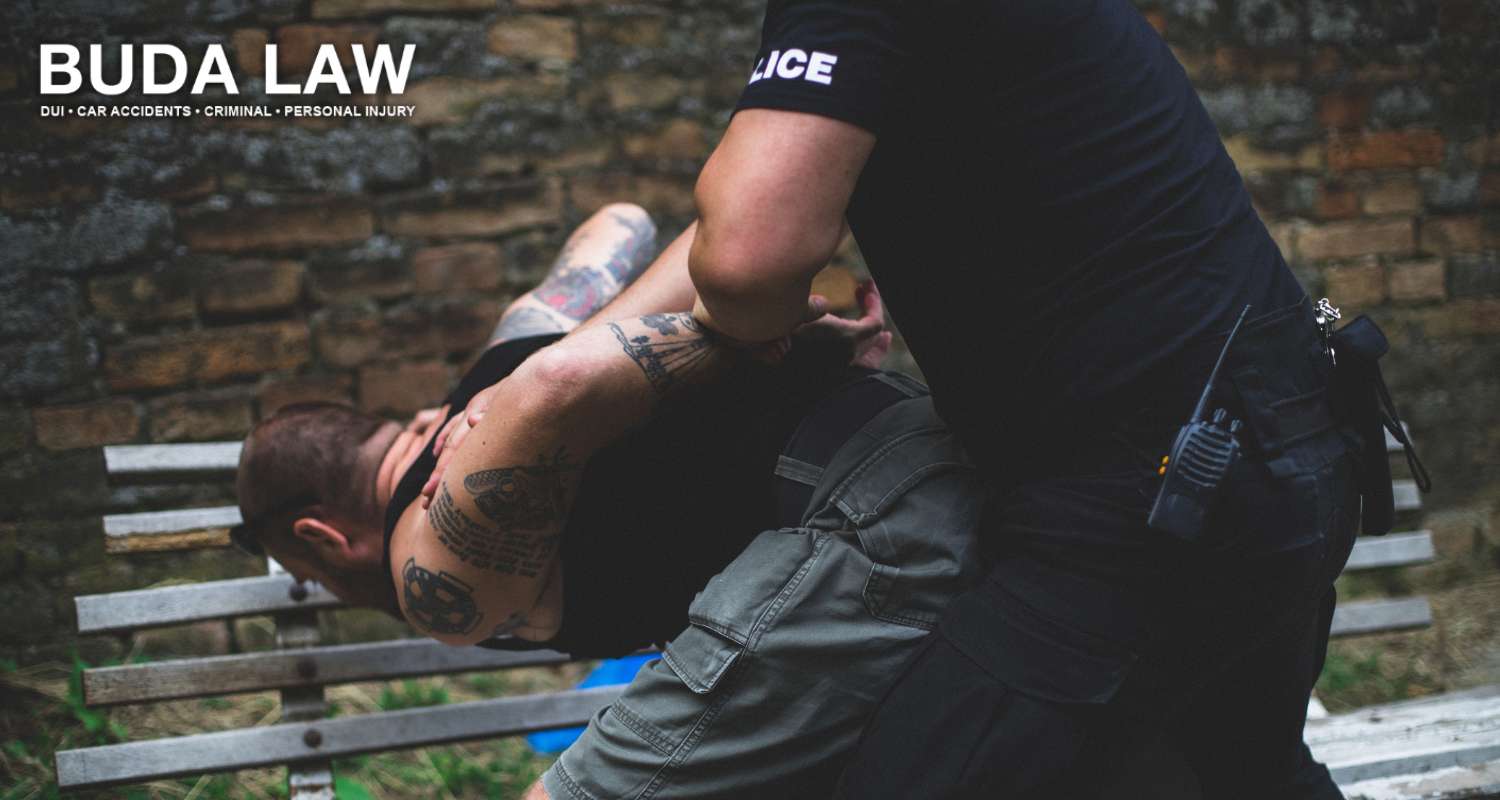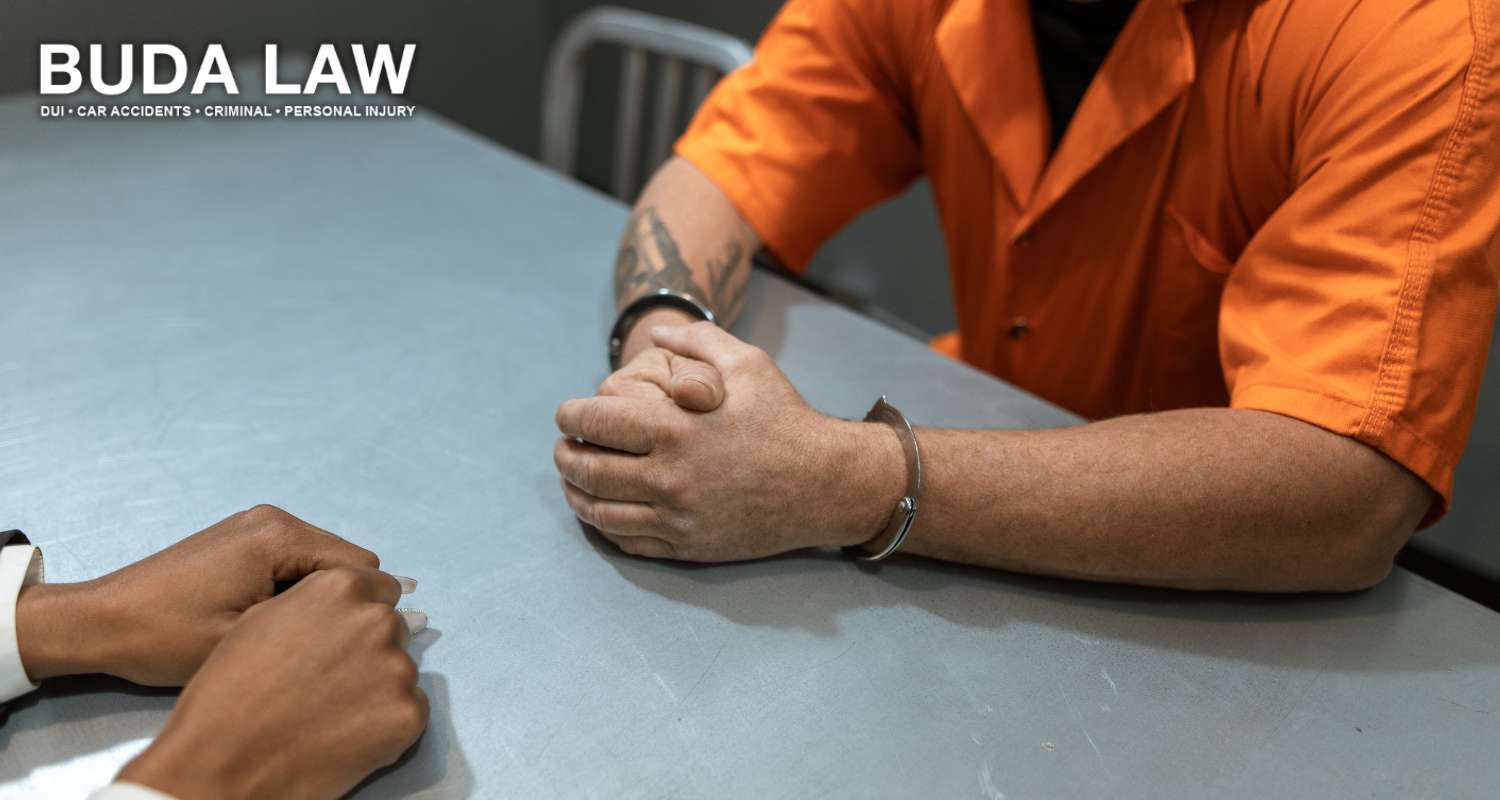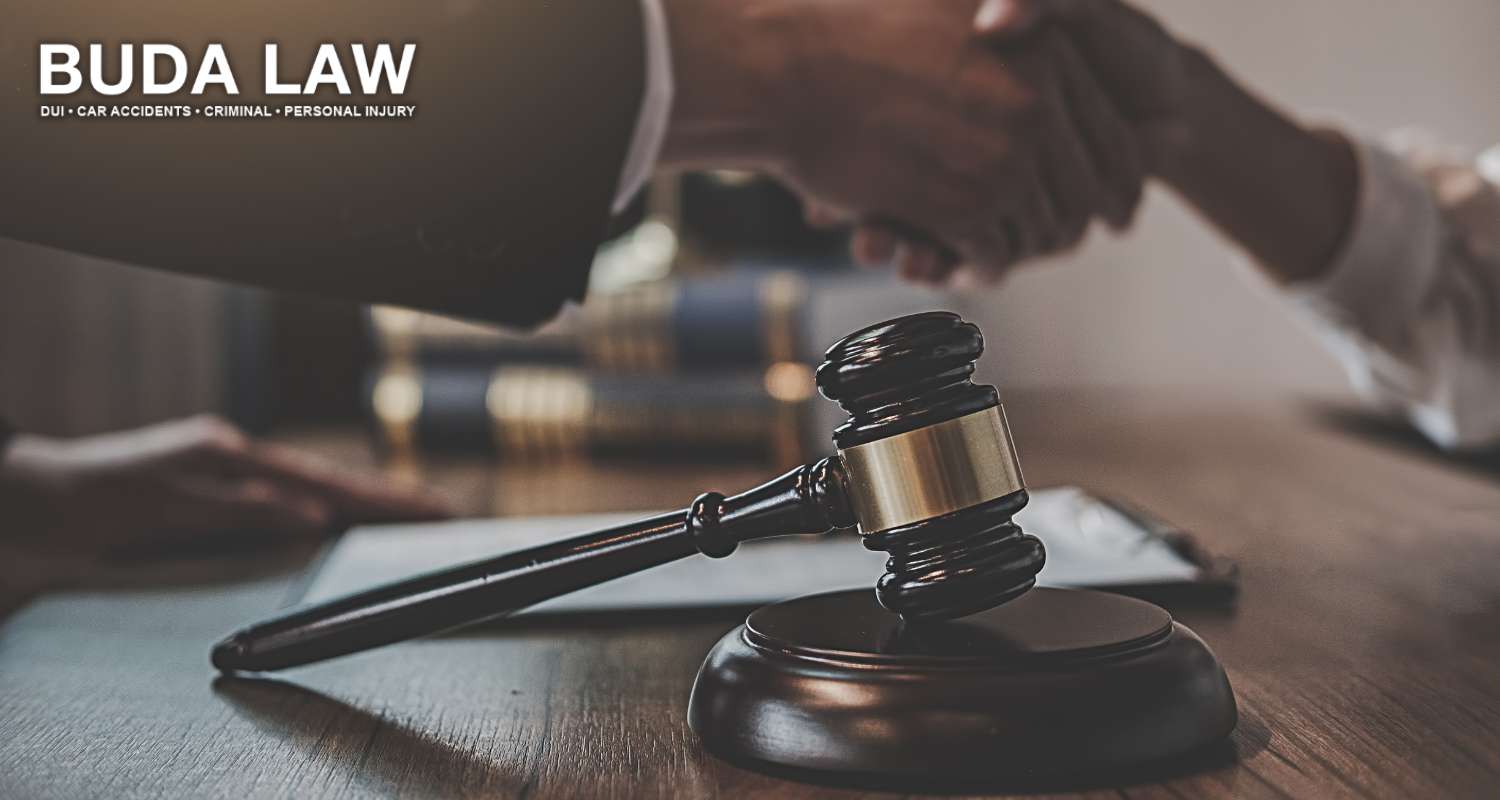
Facing third-degree felony charges in Florida is undoubtedly a stressful and intimidating experience, especially when you realize how much is at stake. Whether you have a prior criminal record or this is your first criminal offense, the consequences can be life-altering.
This is why seeking legal representation from an experienced criminal defense attorney like those at Buda Law is so important. You don’t want to leave your future to chance, so call (813) 322-2832 today to schedule a free consultation with an experienced criminal defense attorney on our team to start building your defense strategy.
Which is Worse – 1st or 3rd Degree Felony?
When determining which is worse under Florida law, a first-degree felony is more severe than a third-degree felony. The criminal justice system categorizes felonies based on the seriousness of the offense and the potential punishment.
First-degree felonies are the highest degree of felonies in Florida (aside from capital and life felonies) and are punishable by a lengthy prison sentence, often up to 30 years. On the other hand, third-degree felonies are the least severe degree of felony in Florida, with a maximum prison sentence of up to five years. Despite this, third-degree felonies still carry significant consequences, but they are viewed as far less serious than first-degree offenses.
Any type of felony conviction, whether it’s in the first, second, or third-degree, can have a lasting impact on an individual’s life, including a permanent criminal record. If you’re facing charges for a Florida third degree felony, take your defense strategy seriously and contact the skilled criminal defense attorneys at Buda Law ASAP.

What is a Third Degree Felony in Florida?
A third-degree felony in Florida encompasses a range of serious offenses that, while not as severe as first or second-degree felonies, still carry significant legal consequences. Examples of third-degree felonies include grand theft, aggravated assault, and possession of a controlled substance.
If convicted of a third-degree felony, individuals face penalties that can include years behind bars, probation, and hefty fines. The impact of a third-degree felony conviction can also extend beyond these immediate legal consequences, affecting employment opportunities, housing options, and so much more.
Examples of Third Degree Felonies
In Florida, there are a number of different criminal offenses that are considered third-degree felonies. Some examples of third-degree felonies include:
- Grand Theft: If the property stolen is valued between $750 and $20,000, the alleged offender can be charged with a third-degree grand theft felony.
- Aggravated Assault: Aggravated assault involves the use of a deadly weapon without the intent to kill or commit a felony offense.
- Resisting Arrest: Intentionally striking or causing bodily harm to a law enforcement officer is considered a third degree felony.
- Felony Battery: Deliberately causing bodily harm, disability, or disfigurement to another person can result in a felony battery charge.
- Child Abuse: Simple child abuse is a form of abuse that does not result in great bodily harm to the child. Child neglect without causing harm can also result in third degree felony charges.
- Possession of a Controlled Substance: Drug possession of certain controlled substances is considered a third degree felony, as well as possessing over 20 grams of marijuana.
- Forgery: The creation or alteration of a document with the intent to defraud.
Third-degree felonies require a strong legal defense due to the significant penalties involved, including prison time, fines, and lasting impacts on personal and professional lives. If you’re facing a third-degree felony charge, contact Tampa criminal defense attorney Andrew Buda today.
How Bad is a Third-Degree Felony in Florida?
In Florida, a third-degree felony is classified as the least severe among felony charges, but it should not be underestimated. Unlike second-degree and first-degree felonies, which can result in much longer prison sentences and steeper fines, a third-degree felony is generally punishable by up to five years in prison as well as potential fines, probation, and a permanent criminal record.
While third degree felonies are less severe than capital felonies and life felonies (which are the most serious offenses under Florida law and can result in life imprisonment or even the death penalty), the consequences of a third degree felony are still very serious and can follow you around for years or even the rest of your life. This makes it crucial to approach any felony charge with the utmost seriousness and seek legal representation as soon as possible to protect your rights.

What is the Punishment for a 3rd Degree Felony?
The punishment for a third-degree felony in Florida can include up to five years in prison, five years of probation, and fines up to $5,000. However, these penalties can vary widely depending on several factors. The nature and severity of the criminal offense play a significant role in determining the sentence, as does the defendant’s criminal history.
What is the Minimum Sentence for a 3rd Degree Felony in Florida?
There is no mandatory minimum sentence for third degree felonies in Florida, but there is a maximum sentence of up to five years. Since Florida doesn’t have a minimum sentence for third degree felonies, the court has the discretion to impose a sentence ranging from probation with no prison time to a maximum of five years in prison.
Can I Get Probation for a 3rd Degree Felony?
It is possible to receive probation for a third degree felony in Florida instead of a prison sentence, depending on the specifics of your criminal case. Probation conditions often include community service, regular meetings with a probation officer, and compliance with other court-ordered requirements.
Other Degrees of Felonies in Florida
Under Florida Statute § 775.082, felony crimes are categorized by severity, with third degree felonies being the least severe. More serious or violent felonies can be classified as second degree felonies, first degree felonies, or even life or capital felonies.
These higher-level criminal charges come with much harsher penalties, including longer prison sentences and even life imprisonment or the death penalty. The severity of a felony charge is determined by the specific criminal offense and whether the defendant has any prior felony conviction, with violent felonies typically resulting in more severe charges and punishments.
Florida 1st Degree Felony
First degree felonies in Florida represent the most serious category of non-capital felony charges. Crimes classified as first degree felonies often involve significant harm or threat to individuals or property, such as aggravated battery, drug trafficking involving large quantities, and burglary with assault or battery. The legal repercussions for a first degree felony conviction can include up to 30 years in prison, substantial fines, and extensive probation periods.
Florida 2nd Degree Felony
Second degree felonies in Florida are also serious offenses that typically pose a significant threat to people or property, though they are less severe than first-degree felonies. Second degree felonies include crimes such as aggravated assault, burglary of a dwelling, and illegal sale of controlled substances. If convicted of a second-degree felony, an individual could face up to 15 years in prison, along with the same duration of probation and fines of up to $10,000.
Habitual Felony Offender
A habitual felony offender, as defined by Florida Statute § 775.084, is a person with multiple felony convictions who faces enhanced penalties due to their repeat offenses. To be considered a habitual felony offender, individuals must have committed two or more felony crimes and a new criminal offense within five years of their last conviction or release. These previously convicted felons must have also committed a prior violent felony crime.

Can a 3rd Degree Felony Be Dismissed?
A Florida third degree felony may be dismissed under certain circumstances. For instance, criminal charges for a third degree felony may be dismissed if there is insufficient evidence to support the case, if key evidence is deemed inadmissible in court, or if procedural errors compromise the integrity of the legal process. Additionally, the charges could also be dismissed if the accused completes a pre-trial diversion program, which may include counseling, community service, and other rehabilitative measures.
Working with an experienced criminal defense attorney like Andrew Buda can increase your chances of having your third degree felony charges dismissed. To learn more about how the skilled criminal defense attorneys at Buda Law can help, contact our law office today to schedule a free consultation.
Can a 3rd Degree Felony Be Dropped to a Misdemeanor?
A third-degree felony in Florida can be reduced to a misdemeanor through a process known as “plea bargaining” or during pre-trial hearings and negotiations. This reduction of third degree felony charges occurs when the prosecution agrees that mitigating factors, such as a defendant’s lack of prior conviction, the nature of the criminal offense, or the circumstances surrounding the crime, warrant a lesser criminal charge.
How a Tampa Criminal Defense Attorney Can Help
Facing charges for a third-degree felony in Tampa is a serious matter that requires skilled legal representation. A skilled Tampa felony defense attorney like Andrew Buda can help you understand the charges against you, build a strong defense, and work tirelessly to protect your rights throughout the legal process.
With a felony conviction on the line, your attorney will explore every available option to reduce or dismiss the criminal charges, negotiate plea deals, or prepare for trial if necessary.
Why Choose Buda Law?
Choosing Buda Law means having an experienced criminal defense attorney on your side who is committed to protecting your rights and guiding you through the Florida criminal justice system. Whether you’re facing a third-degree felony charge or more serious felony charges, Attorney Andrew Buda and his team offer the experience and personalized attention needed to pursue the best possible outcome. With a strong understanding of the criminal justice system and a proven record in defending against felony charges, Buda Law is dedicated to fighting for your future.

Call the Experienced Tampa Felony Defense Lawyers at Buda Law Today for a FREE Consultation
If you’re facing felony charges, the best thing you can do for yourself is to have a skilled defense team on your side. The experienced Tampa felony defense lawyers at Buda Law are here to fight for you, providing the guidance and representation you need to mitigate or avoid your felony charges entirely.
We know the serious impact a felony conviction can have, and we’re committed to protecting your rights and future. Simply give us a call at (813) 322-2832 or reach out online today and set up your free consultation to discuss your Florida third-degree felony charges.
